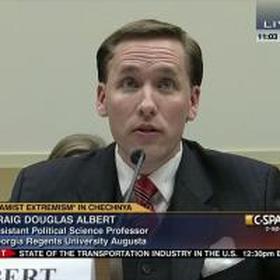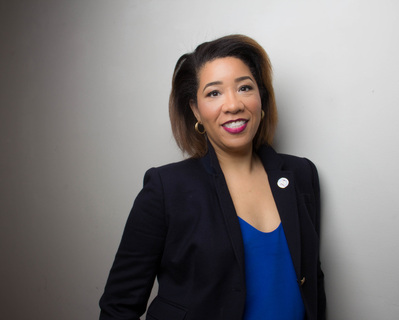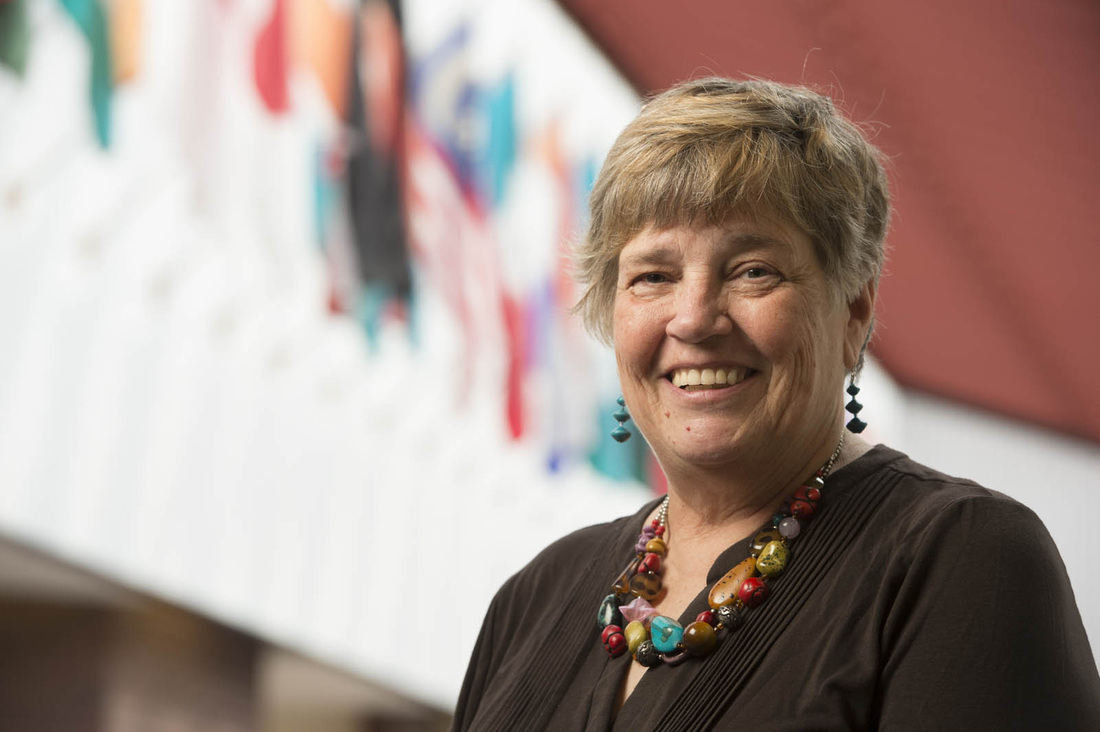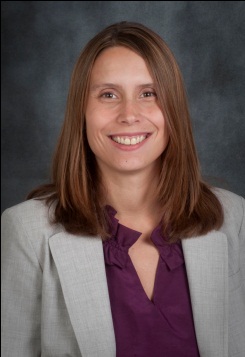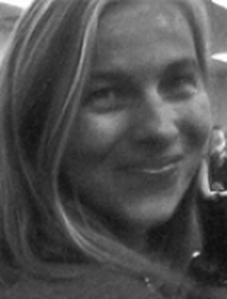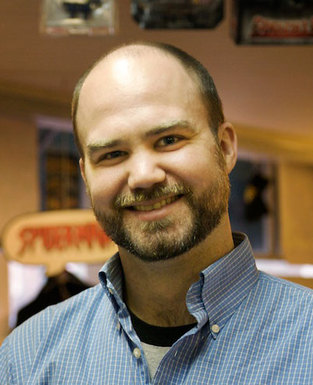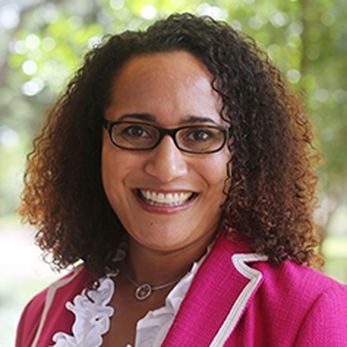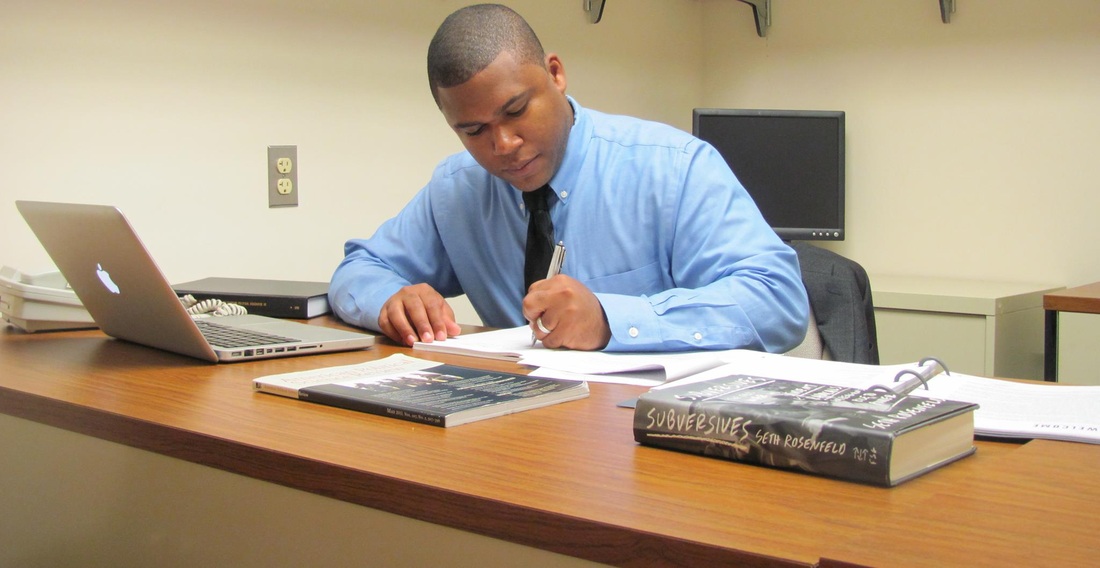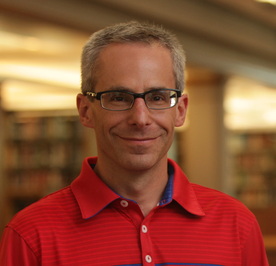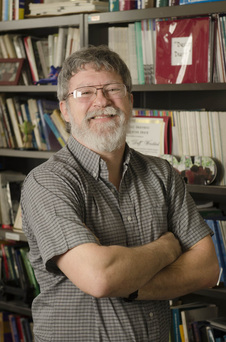Contributors
|
Craig Douglas Albert, Ph.D. received his Ph.D. from the University of Connecticut in 2009. His areas of expertise are in ethnic conflict, political
theory, and teaching and learning scholarship. He recently had articles published in Politics, The Journal of Political Science Education, Iran and the Caucasus, and East European Politics. His research primarily focuses on ethnic group identity and its relationship to the intensity of violence in conflict arenas. He recently developed an index that allows for measuring the strength of ethnic group identity; he is now working on creating an intensity of violence matrix. His main regions of focus include Chechnya, the Former Republics of Yugoslavia, and Kurdistan. Albert was recently featured in the national news concerning Chechen extremism, and he testified to Congress on Chechnya and its links to the Boston Bombings. He is an Assistant Professor at Georgia Regents University Augusta. In the past two years, Albert has been awarded the Georgia Political Science Association’s Emerging Leader in Teaching Award, the Georgia Consortium for International Studies’ Junior Faculty Award for Internationalization, the Student Government Association’s award for outstanding teaching in the Pamplin College of Arts, Humanities, and Social Sciences, and has most recently been named as a Georgia Governor’s Teaching Fellow for the 2014–15 academic year. |
Davina Anderson graduated from Pace University in spring 2014 with a B.A. in Political Science. She plans to attend law school in the future.
|
Joy Boggs, M.A., DePaul University, is an emerging scholar whose research concerns identity formation, production, and performance in contemporary U.S. culture with a particular emphasis on how these elements sharpen the politics of difference. President Emeritus of the
DePaul Women’s Network (DWN), Joy is a Public Voices Fellow with the OpEd Project, and is affiliated with the James & Grace Lee Boggs Center to Nurture Community Leadership. |
|
Denise DeGarmo, Ph.D. is currently an Associate Professor and Chair of the Department of Political Science at Southern Illinois University
Edwardsville. She received her Ph.D. in International Relations and Comparative Politics from the University of Michigan Ann Arbor in 2001. She is the author of two books: The Disposal of Radioactive Wastes in the Metropolitan St. Louis Area: The Environmental and Health Legacy of the Mallinckrodt Chemical Works (Mellen Press, 2006) and International Environmental Treaties and State Behavior: Factors Influencing Cooperation (Routledge Press, 2004). DeGarmo has also authored several articles and book chapters and is involved in writing pieces for various social media outlets. She recently received a Seed Grant for Transitional and Exploratory Projects (STEP) from her university to launch a new area of research: Achieving Human Security for an Independent Palestinian State. Her travels to the occupied Palestinian state has peaked her interest in political communication and language as a form of resistance. |
|
Anne Flaherty, Ph.D. is an Assistant Professor of Political Science at Southern Illinois University Edwardsville, where she teaches American and
Comparative Politics. She has degrees from the University of Richmond, the University of Sydney, and Duke University. Anne’s academic interests and research focus on indigenous people’s pursuit of sovereign rights and recognition. She also recently developed and taught a course on Music, Protest, and Politics to explore the question of the political dynamics of music around the world. |
|
Barbara Franz, Ph.D. (Syracuse University) is Professor of Political Science at Rider University. Her research interests juxtapose the phenomenon
of mass migrations and refugee movements and what they mean for the stability of nations. She has published extensively on the impact of population movements on culture clashes within societies, and the root causes of migration movements, violence, terror, and genocide. Her book Uprooted and Unwanted: Bosnian Refugees in Austria and the United States (Texas A&M University Press, 2005) focuses on the experience of Bosnian refugees, especially women, in two host countries with vastly different settlement and social welfare policies. Another book, on the experience of immigrant youth, Hip Hop and Online Gaming is forthcoming from Lexington Books. |
|
Paul J. Kuttner, Ed.D. is an educator and scholar working at the intersection of community organizing, youth civic engagement, and
the arts. His research looks at community-based political and cultural organizations as sites of powerful educational and social change processes, particularly for young people in low income communities and communities of color. Paul is a Postdoctoral Fellow in Critical Communications Pedagogy at the University of Utah, and earned his doctorate at the Harvard Graduate School of Education. His dissertation is an ethnographic study of Project HIP-HOP (PHH), a Boston-based organization that supports young artists in leveraging their art toward community change, and developing as social-justice-oriented cultural leaders. Paul is an educational sociologist, committed to research that is conducted in partnership with youth and communities. He is a coauthor of A Match on Dry Grass: Community Organizing as a Catalyst for School Reform (Oxford University Press, 2011) and a co-editor of Disrupting the School-to-Prison Pipeline (Harvard Education Press, 2012). He is a former co-chair of the Harvard Educational Review (HER) Editorial Board, and an advocate for the inclusion of a wider range of voices in scholarly discourse. Paul blogs at culturalorganizing.org. |
|
Keesha M. Middlemass, Ph.D. is an Assistant Professor in the Department of Political Science at Trinity University (San Antonio, Texas), where she teaches courses in Urban Politics, Public Policy, and American Politics. Her scholarship examines the intersection of race, institutions, and public policy. Her scholarship is published in Aggressive Behavior, Criminal Justice & Behavior and Social Science Quarterly. Her coedited book, with the late Professor Manning Marable, Racializing Justice, Disenfranchising Lives (Palgrave Macmillan, 2007), explores the systemic crisis of mass imprisonment and mass disenfranchisement. Middlemass’s single authored book, Public Hostility: How Policies Utilize a Felony Conviction to Construct Social Disability, will be published by New York University Press. Conceptualizing a felony conviction as a social disability, Middlemass examines the first-hand experiences of re-entering society after a felony conviction. Relying on personal interviews, participant-observations, focus groups, and archival research, Middlemass links public policies, community, and individual experiences to demonstrate the multifaceted process of re-entering society with a felony conviction on one’s record. Middlemass is a member of the Racial Democracy, Crime and Justice Network (RDCJN, Ohio State University), a former Andrew Mellon Post-Doctoral Fellow on Race, Crime, and Justice at the Vera Institute of Justice in New York City, and a former American Political Science Association Congressional Fellow. She holds an M.A. (American Politics) and Ph.D. (Public Policy and American Politics) from the School of Public & International Affairs at the University of Georgia.
|
|
Fahamu Pecou is an artist/scholar based in Atlanta, Georgia whose works comment on contemporary and hip hop culture while simultaneously subverting it to include his ideas on fine art. Pecou’s paintings, performance art, and scholarly work address concerns around representations of black masculinity in popular culture and how these images impact both the reading and the performance of black male masculinity and identity. Pecou’s work is featured in DEFINITION: The Art and Design of Hip Hop, an anthology chronicling the impact of hip hop on visual culture, written by famed graffiti artist and designer Cey Adams. Currently he is a doctoral student in Emory University’s Institute of Liberal Arts (ILA). Pecou maintains an active exhibition schedule as well as public lectures and speaking engagements at colleges and museums nationwide.
|
|
H. Lavar Pope, Ph.D. Upon graduating from his Master’s Degree program in 2005, Lavar Pope began attending the University of California Santa Cruz as a Ph.D. student in the field of Politics. His dissertation “Internal Colonization and Revolt: Rap as an Underground Political Discourse in Oakland, CA from 1965–2010” began with an active-participant engagement within the underground Bay Area DJ/production scene, used a wealth of primary sources to explore the fundamental political content differences between underground and mainstream rap music, and questioned existing work predominately focused on use of mainstream sources. At the time Lavar was also a professional turntablist and had performed as disc-jockey at local venues in the tri-state area (N.Y., N.J., P.A.) and Bay Area, CA, co-hosted a radio show on WLVR (Lehigh
Valley), and actively consulted and assisted local, unsigned artists. He is currently working as an instructor and teaches courses in American Political Science and special topics related to post-Reconstruction Civil Rights, Racial Justice, and musical subcultures. |
|
Richard Schur, Ph.D./J.D. is Professor of English and the Director of the Law & Society Program at Drury University, Springfield, Missouri.
He is the author of Parodies of Ownership: Hip-Hop Aesthetics and Intellectual Property Law and co-editor of African American Culture and Legal Discourse. His research focuses on African American literature and culture, popular music, and law. He is also currently the co-host of the New Books in Popular Music podcast on the New Books Network. |
|
Mariama White-Hammond is the Executive Director of Project HIP-HOP (PHH), a youth-led organization that trains young people how to use hip hop as a cultural tool to educate and motivate their community. Born and raised in Boston, Mariama was involved in PHH throughout high
school and college, and became the Executive Director in 2001, leading the organization as it became an independent 501(c)3 organization. Mariama has received a certificate in youth work through the BEST Initiative Youth Worker Training, and a certificate in trauma response from the Children’s Trauma Recovery Foundation. For her work at Project HIP-HOP, she received the 2004 Roxbury Founder’s Day Award and along with youth at PHH received the 2005 Boston Celtics “Heroes Among Us” Award. Mariama is also involved with a number of other organizations in Boston including the SE/LR Youthworkers Alliance. |
|
E. Duff Wrobbel, Ph.D. completed his doctorate at the University of Texas at Austin in 1994, and is currently an Associate Professor
in the Department of Applied Communication Studies at Southern Illinois University Edwardsville, where he teaches courses across the communication curriculum. His research interests are eclectic, and include conversation analytic methodology, language and social construction, disability, university governance, and assessment. |

